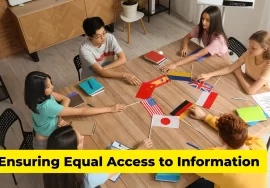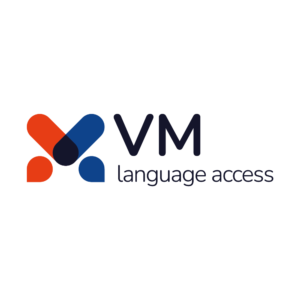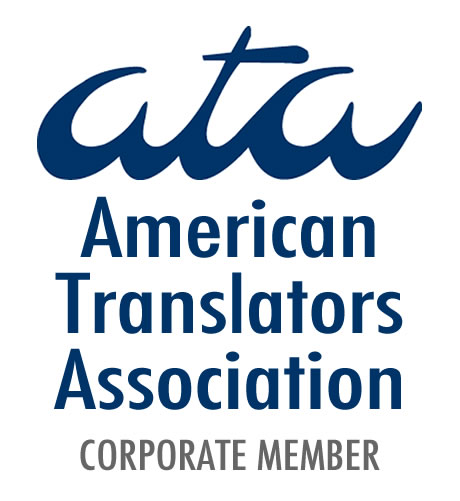
Women in the Language Industry
The language service industry plays a crucial role in facilitating cross-cultural communication, enabling individuals, organizations, and communities to bridge linguistic barriers and connect with diverse audiences. Within this industry, the role of women, particularly in the field of interpretation, has been significant, with female professionals contributing valuable skills, perspectives, and expertise to the practice of interpretation. From conference interpreting to community interpreting, women have made substantial contributions to the language service sector, shaping the industry’s dynamics and promoting inclusivity and diversity.
Women in Interpretation:
- Technical Proficiency: Women in the interpretation field have demonstrated high levels of technical proficiency, language fluency, and cultural competence. Their ability to accurately convey meaning and tone in multiple languages is essential for effective communication in diverse settings, ranging from legal proceedings and healthcare consultations to business negotiations and international conferences.
- Empathy and Communication Skills: Female interpreters often possess strong empathetic and communication skills, enabling them to establish rapport with clients, understand their needs, and navigate complex linguistic and cultural contexts. Empathy plays a crucial role in interpretation, as it fosters trust, clarity, and effective communication between parties with different language backgrounds.
- Versatility and Adaptability: Women interpreters showcase versatility and adaptability in their work, seamlessly transitioning between languages, dialects, and communication styles to ensure accurate and nuanced interpretation. They are adept at handling challenging linguistic situations, cultural nuances, and sensitive topics with professionalism and sensitivity.
- Specialized Knowledge: Female interpreters bring diverse and specialized knowledge to the interpretation field, including expertise in legal terminology, medical concepts, technical jargon, and industry-specific terms. This specialized knowledge allows them to provide high-quality interpretation services in various domains, addressing the unique needs of clients and audiences.

Challenges and Opportunities:
While women have made significant strides in the interpretation field, they continue to face certain challenges and disparities in the language service industry. Some common challenges include:
- Gender Bias: Women interpreters may encounter gender bias and stereotypes in the workplace, affecting their career advancement and opportunities for professional growth. Overcoming gender bias and promoting gender equality in the interpretation field is essential for building a more inclusive and diverse workforce.
- Work-Life Balance: Balancing demanding work schedules, irregular hours, and travel requirements can pose challenges for women interpreters, especially those juggling multiple roles and responsibilities. Establishing support systems, flexible work arrangements, and self-care strategies can help women maintain a healthy work-life balance.
- Professional Development: Access to training, mentorship programs, and networking opportunities are essential for women interpreters to enhance their skills, expand their professional networks, and advance their careers in the language service industry. Investing in continuous learning and professional development is critical for staying competitive and relevant in the dynamic field of interpretation.
Advancing Diversity and Inclusion:
Promoting gender diversity and inclusion in the language service industry is crucial for fostering a supportive and equitable work environment. Organizations and institutions can take proactive steps to support female interpreters by:
- Encouraging Mentorship and Leadership Development: Providing mentorship programs, leadership opportunities, and skills-building workshops empower women interpreters to advance in their careers, take on leadership roles, and contribute to the growth of the industry.
- Creating Safe and Inclusive Work Environments: Establishing policies and practices that promote diversity, equity, and inclusion in the workplace fosters a culture of respect, collaboration, and mutual support among interpreters, regardless of gender or background.
- Advocating for Equal Opportunities: Advocating for equal pay, career advancement, and professional recognition for women interpreters helps address systemic disparities and create a level playing field for all professionals in the language service industry.
Women play a vital role in the language service industry, particularly in the field of interpretation, by bringing valuable skills, perspectives, and expertise to the practice of intercultural communication. Female interpreters contribute to the industry’s growth, diversity, and quality of service, making significant impacts on the way language barriers are overcome and communication is facilitated across linguistic and cultural divides. By recognizing and supporting the contributions of women in interpretation, we can promote gender equality, diversity, and inclusivity in the language service sector, creating a more vibrant and equitable industry for all professionals.











